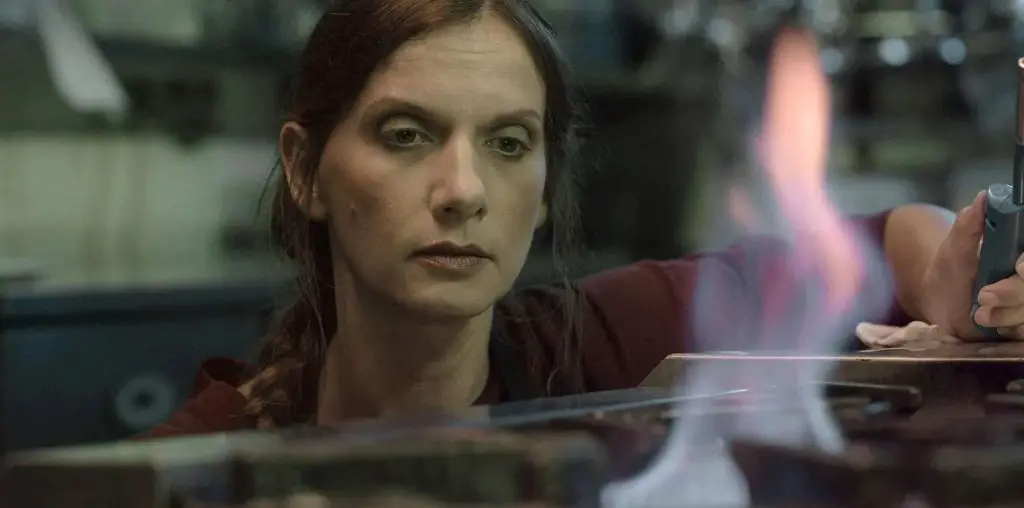
Sagi Bornstein’s documentary traces the tortured route of Frank Kafka’s private papers, which culminated in a complicated Israeli legal battle.
When Kafka died in Prague in 1924, he was a barely-published writer. Kafka, in his will, urged his friend and mentor Max Brod to burn his unpublished work, but Brod dismissed Kafka’s request as the morose plea of a severely depressed personality. Brod escaped the Nazi occupation of Czechoslovakia with Kafka’s papers and settled in British colonial Palestine (today’s Israel). Upon his death, Brod transferred Kafka’s papers to his secretary, Esther Hoffe. Hoffe’s surviving daughter Eva took possession of the papers following her mother’s death, but this set off a dispute with the Israeli government over the ownership rights of the Kafka material.
Bornstein is clearly unsympathetic to the reclusive Hoffe – the film’s press notes describe her as “unstable” and “eccentric” (she lives alone in a Tel Aviv apartment with an unknown quantity of cats), and she is presented in a manner that makes her seem mentally incompetent. Hoffe actually seems to be severely depressed – which is understandable, considering the stress of the situation.
In an effort to punch up the film’s legal-dry contents, Bornstein fills the screen with a lot of flashy Hebrew-language text and edits the material in a music video-style staccato pacing. The result is exasperating and often irritating, with Kafka’s distinctively timeless legacy ultimately diluted by the tacky filmmaking process.

